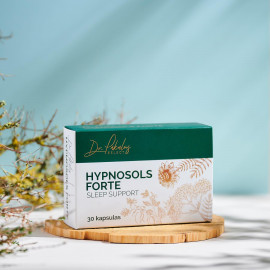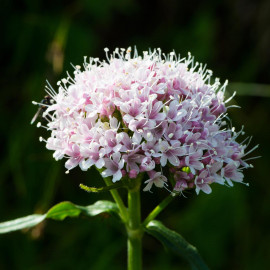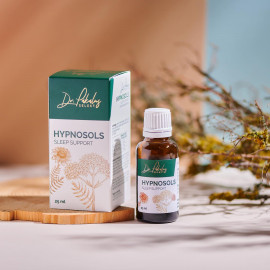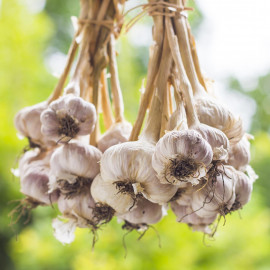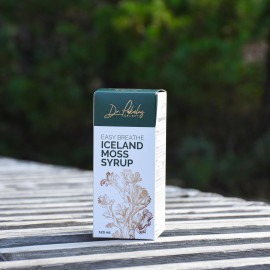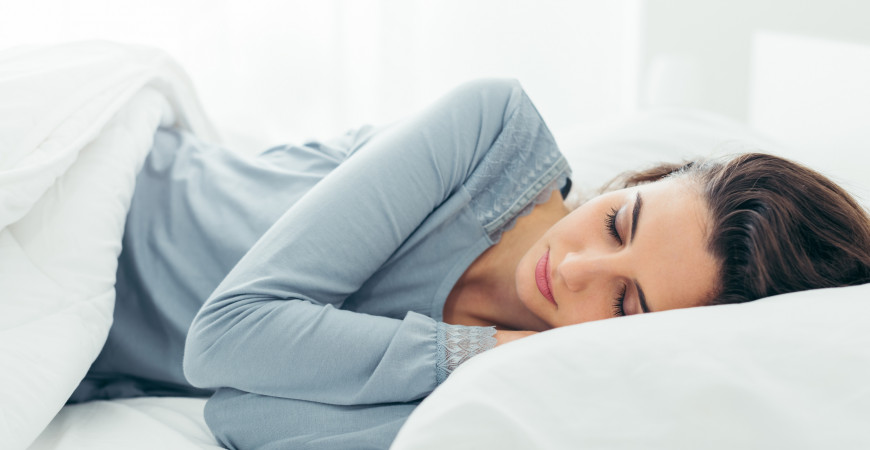
Sleep is essential for the body to restore its energy reserves, whereas insomnia has a negative impact on our health. Common causes of insomnia include nervous system tension, stress, burnout, use of caffeine-containing products such as coffee during the second half of the day, changing the rhythm of the day, nighttime meals, and inability to rest at bedtime, as well as chronic diseases accompanied by muscle pain, heart problems, or irritating cough that wakes you up from sleep.
Phytopreparations, especially herbal teas, play an important role in preventing insomnia caused by nervous system tension and improving sleep quality throughout the night. One of the most popular herbs is valerian, with its soothing and sleep-enhancing action. Usually valerian root in tea is combined with other herbal remedies, also known as soothing and sleeping pills, such as hops, passion fruit and motherwort leaves, hawthorn herbs. Lemon balm leaves in teas help prevent long-term sleep problems, fall asleep, and improve the quality of sleep.
In case of insomnia, in order to choose the optimal tea option, there must be clarity about the factors troubling the body. Drug doses determine whether tea will have a calming, sleep-inducing or sleep-improving effect. An example of a tea to be used for insomnia would be mint leaves, heather leaves, Lemon balm leaves, valerian root in a ratio of 1: 2: 2: 4. A tablespoon of the mixture must be immersed in 1.5 cups of boiling-hot water, allow to brew, drink ½ cup 3 times a day or at bedtime. The dose may be increased or decreased as appropriate.
Soothing herbal teas mainly include motherwort leaves having both a calming and blood pressure lowering effect, and passion fruit leaves, providing a complex effect as it improves the quality of sleep, relieves symptoms of stress-related neuroses and relieves headaches, thereby improving the quality of life. Lime blossoms, hawthorn leaves and blossom tea help you fall asleep. St John's wort preparations promote emotional balance and improve physical well-being. Oregano and thyme leaves, lavender and meadowsweet in multibotanical combinations provide relaxation, mental and physical well-being, improve the quality of sleep.
Nowadays, various combinations of herbs with melatonin are also widespread, helping to reduce the amount of time needed to fall asleep and to balance the circadian rhythm.
Dr.biol. Dailonis Pakalns, pharmacist


